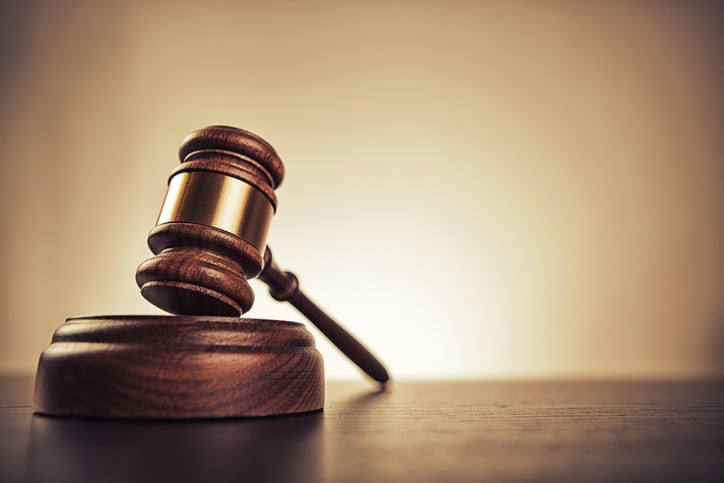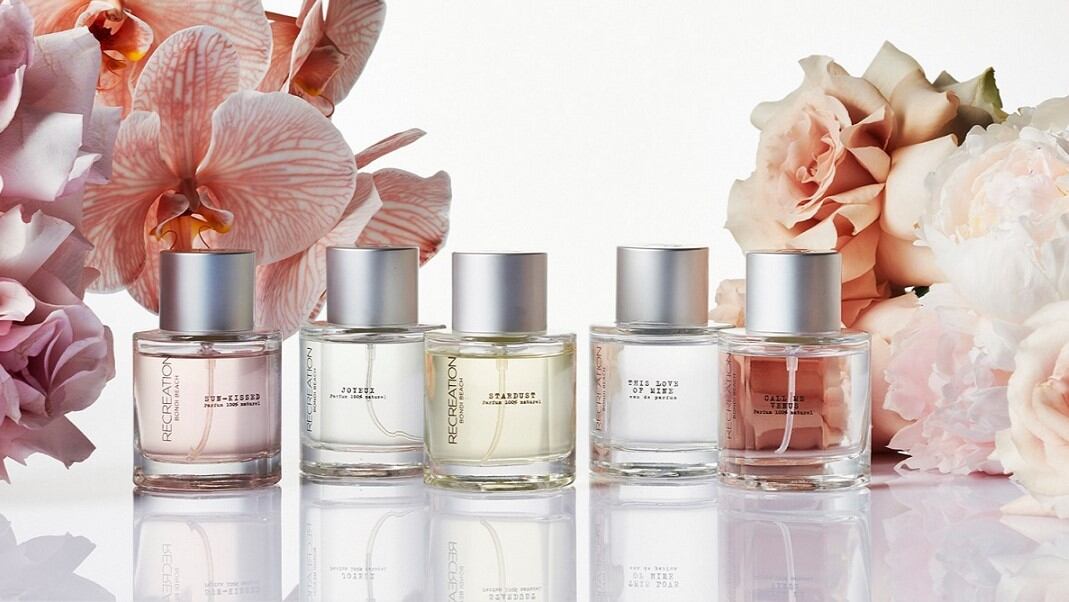Skin care brand Biologi was ordered by the federal court to publish eight corrective notices on its website and social media accounts admitting that the brand had engaged in misleading and deceptive conduct.
This came to light after a three-year legal battle filed by the owner of Native Extracts, Lisa Carroll, the former business partner of Biologi founder Ross Macdougald.
Jennifer Rudd, founder of Skincare Business Foundations and specialist in cosmetic laws and regulations said this controversy further underscores the need for more regulator vigilance.
“It’s a shame that it took a three-year court case to get these outcomes. It should have ideally been a regulator that acted, not a long, protracted expensive court case,” Rudd told CosmeticsDesign-Asia.
She urged the authorities, such as the Australian Competition and Consumer Commission (ACCC) to take a more “visible and active role” in upholding consumer laws.
The last time ACCC acted on misleading claims was in 2018, said Rudd, when Gaia Naturals was fined AUD37,800 in penalties for alleged false or misleading representations after the ACCC issued three infringement notices.
Furthermore, Rudd believes the cosmetics industry could benefit from more specific guidelines on how to avoid making false and misleading claims.
“We have the Australian Consumer Law which covers everything, but what I think is missing may be some specific guidance for certain industries – and cosmetics would benefit a lot from that.”
“New brands and existing brands do find it difficult to find out what to do. So even the brands that want to do the right thing face challenges. I don’t think we want the regulations to get too prescriptive, but we need more guidance and guidelines.”
She highlighted the ACCC’s guidance on greenwashing as an example.
“Cosmetic brands need some clear guidelines about what [regulators] expect, kind of what they’ve done with greenwashing but from a broader false and misleading claims perspective.”
Rudd also expressed concern about the current state of regulations in the Australian cosmetics industry.
“We are definitely lagging behind the rest of the world. The US is now tightening their regulations with MoCRA. It will be interesting in the next few years to see whether Australia gets up to speed. At the moment, anyone can start a skin care brand really, and it’s quite frightening.”
Claims and ingredients
According to the published judgement, Biologi had made several false representations, including the claim that it had “high levels” of vitamin C content in its Bk Rejuvenating Eye Serum and Bf Hydration Body Serum.
Biologi’s claim to be made from 100% pure plant extracts was also found to be false as its products contained additives and were diluted.
The company also claimed that one of its products, Bf Hydration Body Serum, contained byangelicin which it claimed to reduce the appearance of ageing.
However, Justice Kylie Downes ruled that the compound did not exist.
Justice Downes highlighted concern that consumers were “were likely being misled by the impugned conduct”.
“I made this order at the conclusion of the trial rather than waiting for the final judgment to be handed down. I was particularly concerned that the injunctions be issued and that the corrective advertising occur as soon as possible.”
Biologi did not respond to a request for comment.
Kick-off 2024 by discovering the trends shaping the next generation of beauty consumers. Join us at the Beauty Forward 2024 digital summit taking place January 29 to 31. Register here for FREE now.





